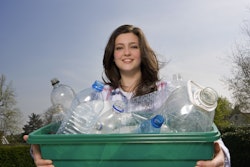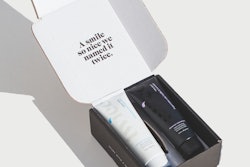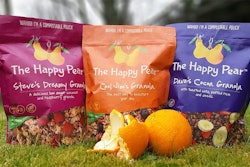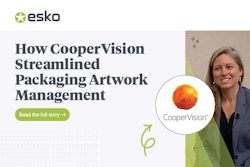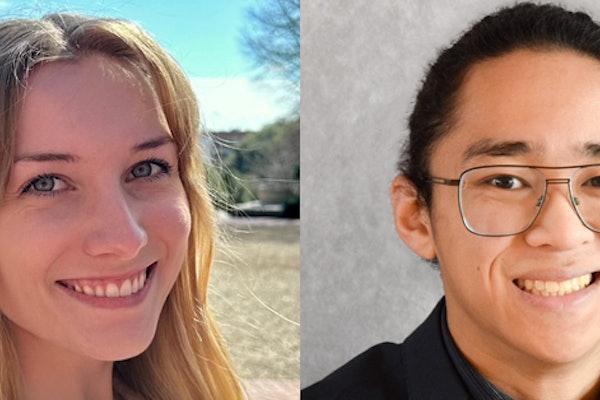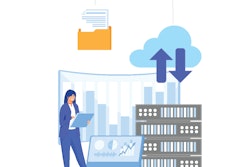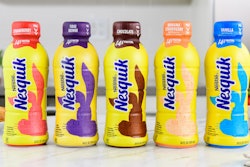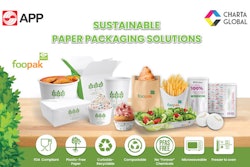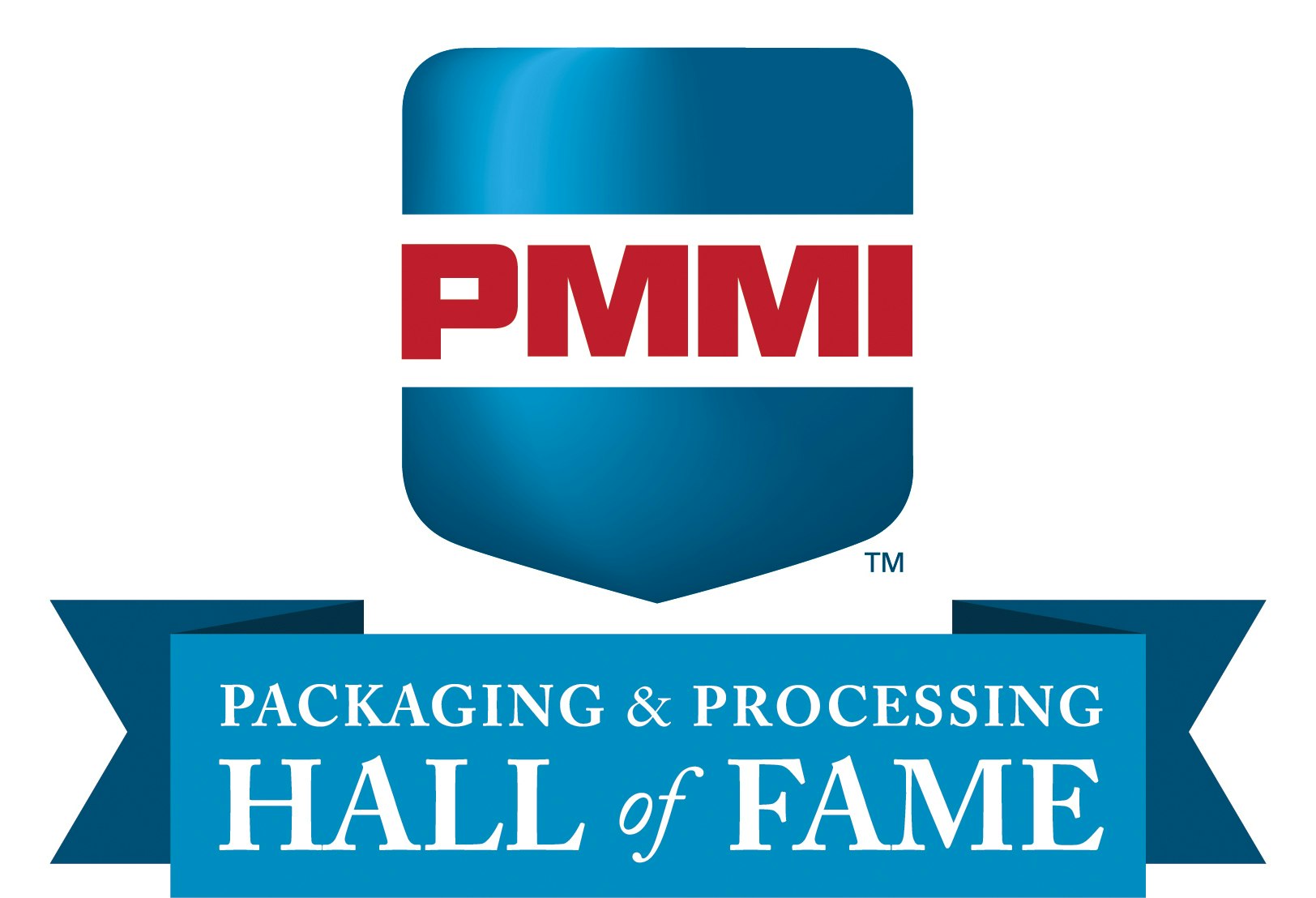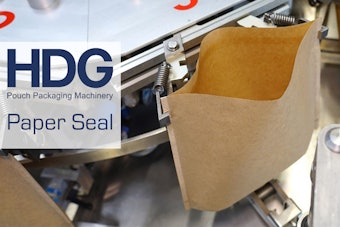Succumbing to pressure from a number of environmental groups, primary among them Greenpeace USA, Coca-Cola and PepsiCo quietly severed their ties with the Plastics Industry Assn. (PLASTICS) in July. In a press release issued by Greenpeace, the group cheered the beverage companies’ exit from the association, adding that earlier in the year it had “highlighted the role that the plastics industry and front groups like the American Legislative Exchange Council (ALEC) have played in pushing preemption bills mean to ‘ban plastic bans’ and undermine statewide progress on plastic pollution.”
“Companies understand that they cannot publicly say they want to end plastic pollution, while financially supporting an association that lobbies for our continued reliance on throwaway plastics,” said Greenpeace USA Oceans Campaign Director John Hocevar in the release. “This is a victory for every person that spoke up and asked Coca-Cola and PepsiCo to put their money where their mouths are and tell the Plastics Industry Association to stop preventing plastic waste reduction.”
Despite Greenpeace’s assertion that PLASTICS uses ALEC as a “front group” to push state legislators to prohibit plastic bans across the country, an article in May 2019 from The Center for Public Integrity disputes that claim. It reads, “The Plastics Industry Association said it left ALEC in 2017 and was never involved in the model policy process, which ALEC says is legislator-driven.”
Information from the American Progressive Bag Alliance, which advocates against the ban of plastic bags, highlights the detrimental nature of legislation driven by emotions, rather than fact. According to APBA, “Conventional plastics have the least environmental impact compared with other bags, requiring 70-percent less energy and 96-percent less water to make than paper bags.”
In response to Coca-Cola and PepsiCo’s departure from PLASTICS, Patty Long, Interim President and CEO of the association, told CNBC that Greenpeace has been pressuring several brands that are members of the plastics group to leave. In an e-mail to CNBC she wrote, “This is unfortunate—consumer brands are integral to making sustainability commitments into realities, by working with their suppliers to make lasting change. For example, our members work together to align their efforts to put recycling and sustainability at the forefront of business.”
For their part, neither Coca-Cola or PepsiCo issued press releases on their exit from PLASTICS. However, a spokesman from Coca-Cola told CNBC, “We withdrew earlier this year as a result of positions the organization was taking that were not fully consistent with our commitments and goals.”
The CNBC article added, “A PepsiCo spokesperson said that the company initially joined the Plastics Industry Association to learn about material innovation, but will end its membership at the end of the year since it ‘does not participate in the policy advocacy work of the association or its subsidiaries.’”
While much of the news coverage supported Greenpeace’s anti-plastic stance, an article from Clare Goldsberry in Plastics Today, takes a different tack. She writes, “Proving that your company is ‘green’ no longer involves science. All you have to do is cave to plastics-haters such as Greenpeace, As You Sow, and like-minded organizations that advocate ridding the world of single-use plastics and, suddenly, you’ve got green cred.”
Of course, both beverage giants have made substantial commitments around reducing the environmental impact of their packaging that arguably give them that street cred. Among them are Coca-Cola’s pledge to make all of its packaging recyclable by 2025, with 50% recycled content by 2030, and PepsiCo’s goal to make 100% of its packaging recyclable, compostable, or biodegradable by 2025 and reduce its use of virgin plastics by 35% by that same year. However, this may not be enough for Greenpeace, whose ultimate goal is to eliminate single-use plastics.
